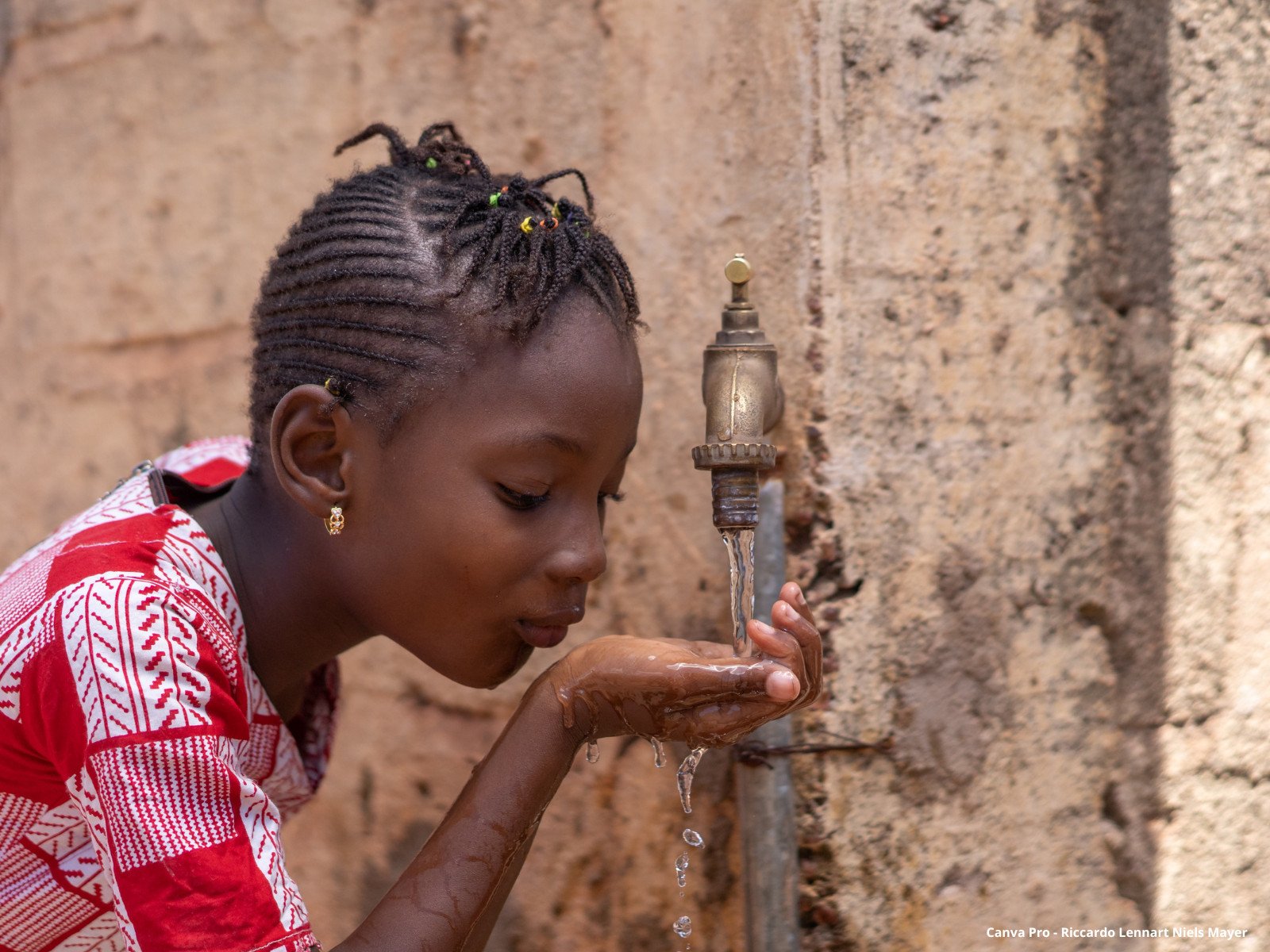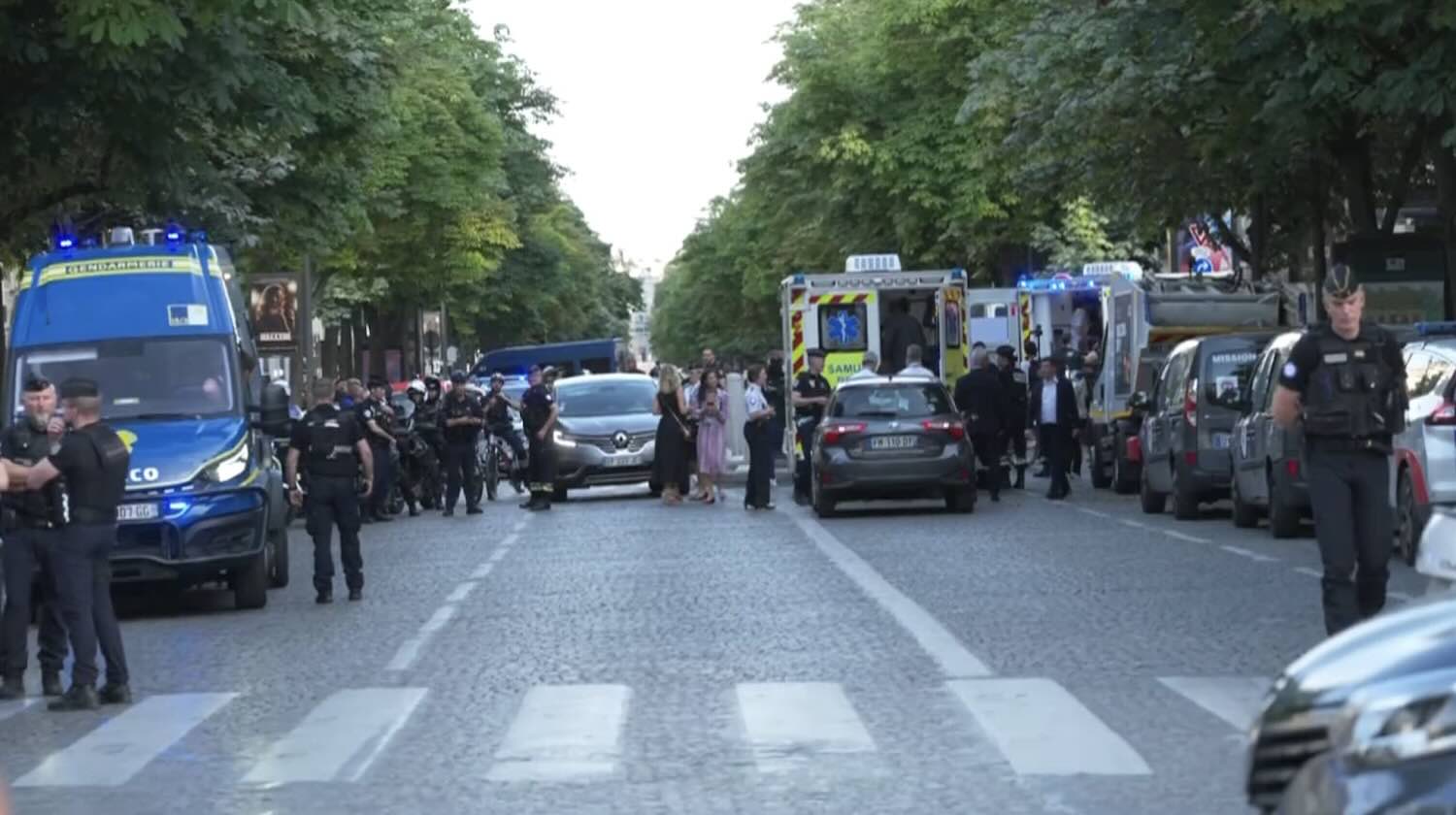It all started ten years ago: Davide Acito, now 37, was working for ActionAid, a well-known human rights NGO, when he discovered, while reading about it in a magazine, an atrocious “oriental” scourge: dog trafficking. be sent to the slaughterhouse to obtain meat from which to feed. A very widespread custom, particularly in China, but also in other countries such as South Korea. Acito felt the duty to intervene and suggested to some colleagues that they organize an expedition to personally understand how the dog meat trade and how to stop it. It didn’t go very well, he admits today in the insert Good news of the Mail: he found himself going to China alone and even had the wrong destination. But it was nevertheless the beginning of his new life. Acito had found the mission he really wanted to dedicate himself to and which he then transformed into an ad hoc organization. It's called Action Project Animal, it relies on the work of activists and volunteers (possible mainly thanks to donations) and has carved out an important role over the years in the fight against real “dog slaughters” . But also cats.
Small, big successes
Of course, Acito does not hide, the impression is often that of emptying the ocean with a teaspoon. While great progress has indeed been made in South Korea since Parliament approved a law banning the consumption of meat from domestic animals, in China, trafficking is rooted in deeply rooted traditions that are difficult to eradicate. “It reaches its peak during the annual Yulin festival, a real seasonal killing that transforms our four-legged friends into a typical dish served everywhere and in all sauces.” But Acito, who lives in Switzerland and also has his own marketing company, does not give up and sees the long-term goal: “Every time I go on a mission, I know that I am proving to myself and to my daughter Asia, that today she is seven years old and that she also grows up surrounded by the love of our animal friends, how important it is to exert oneself personally so that the world is better.” And facing the he horror of dogs and cats “crammed in tiny menageries without food or water waiting to be killed”, Acito sets out, moves around, launches local collaboration networks and from time to time achieves small, big successes. Like when in China he managed to free 400 dogs and 60 cats “with the help of some local populations” or all the times where he manages to find and motivate other volunteers ready to share his same fight. A battle long and difficult, but which Acito chose to lead because “I owe it to my daughter”.


